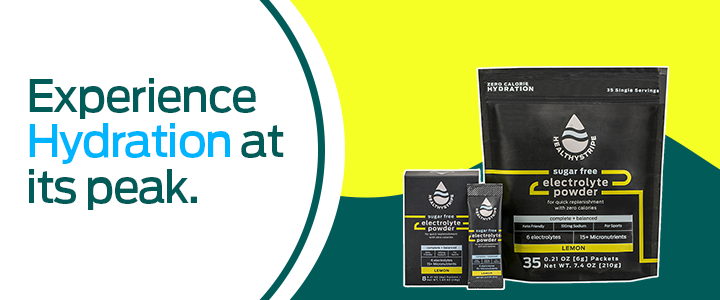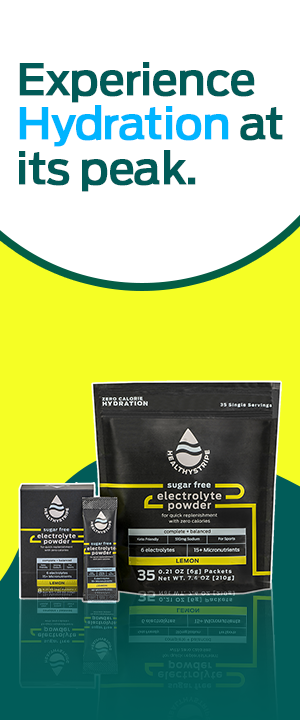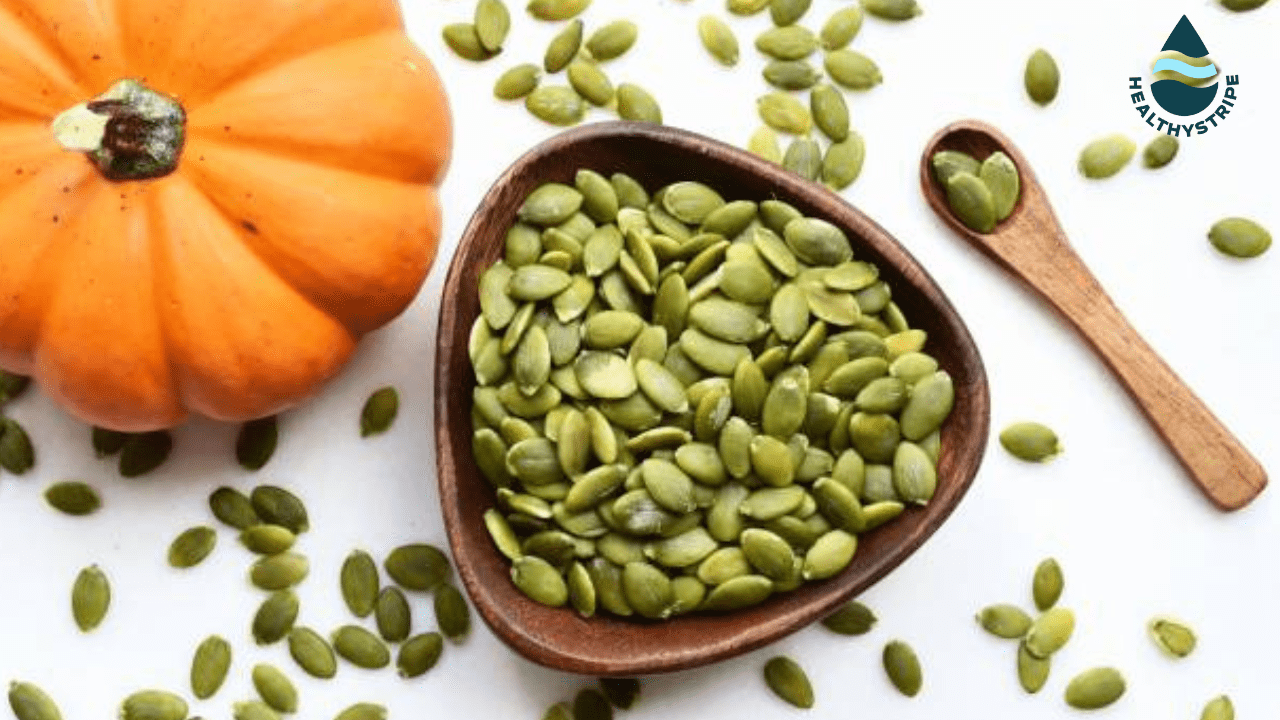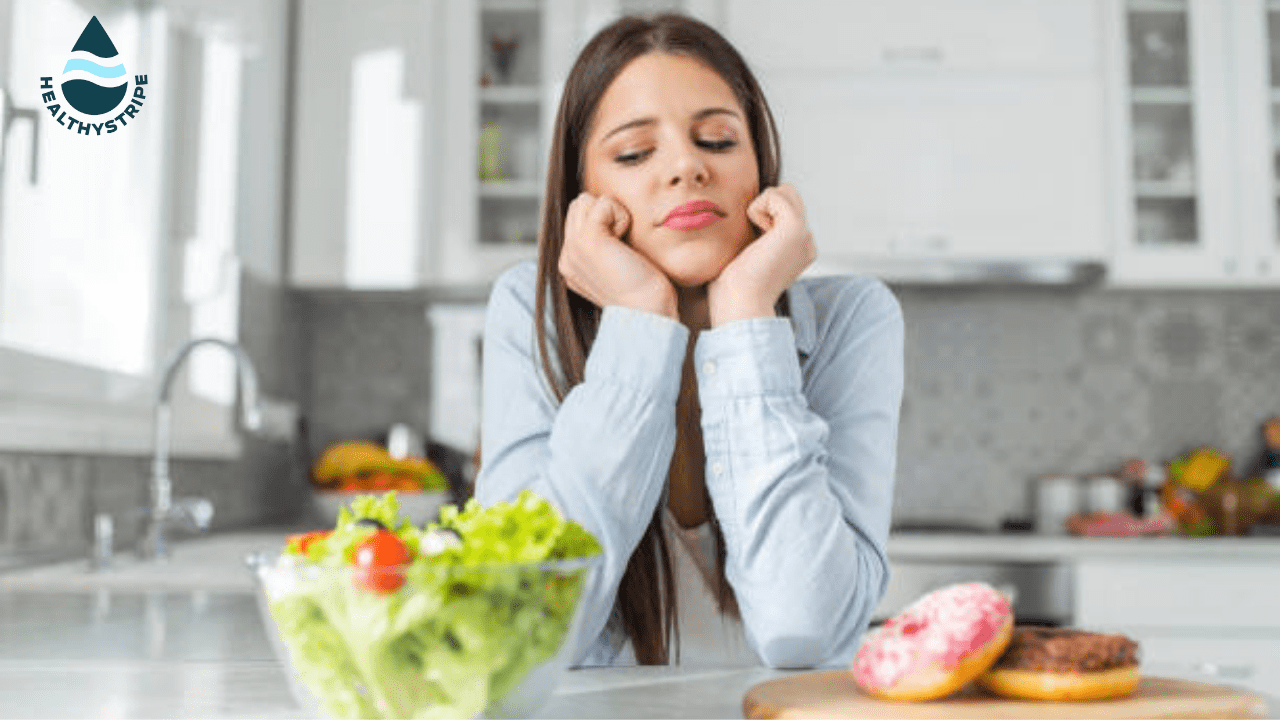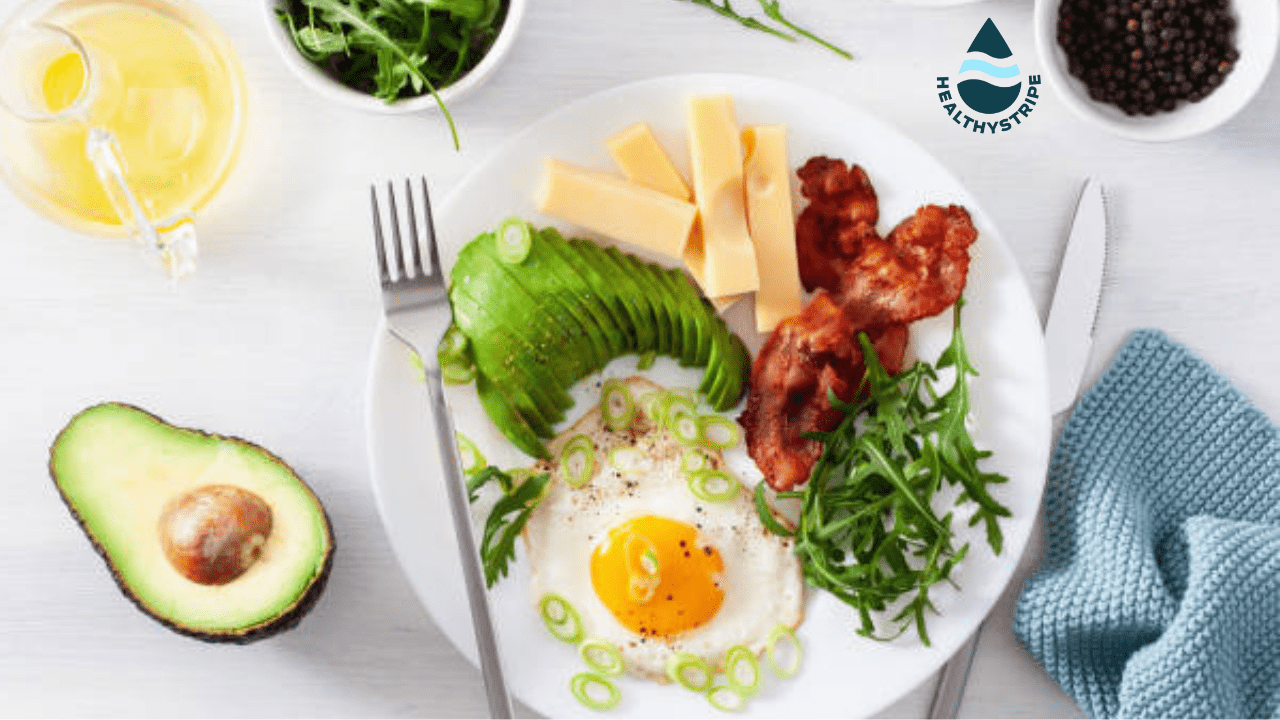Top 15 Alternatives to Coffee (Are They Right For You?)

Coffee, the beloved elixir of mornings, is the aromatic fuel that ignites our senses. With each sip, it awakens the mind and sets the rhythm for a day of limitless possibilities. Even though coffee is a common beverage of choice for many people, it’s not always the best option. Fortunately, there are several alternatives to coffee that can provide comparable energizing effects and even more health advantages.
In this post, we’ll look at 15 other beverages that might be a healthy alternative to coffee. Whether you like herbal teas, nutrient-rich juices, or soothing elixirs, these substitutes will provide you with energy and vitality without the jitters associated with caffeine. So let’s get started and learn some amazing coffee substitutes that will keep you energized and happy all day long.
Top 15 Alternatives to Coffee
Here are 15 ideas to think about if you’re seeking healthy substitutes for coffee that give you energy without relying on caffeine:
1. Herbal tea: Chamomile, peppermint, ginger, or ginseng are a few examples of herbal teas that might serve as a calming, caffeine-free substitute for coffee.
2. Green tea: Green tea has a lower caffeine concentration than coffee, although it does contain some caffeine, and because of its antioxidants, it provides a number of health advantages.
3. Matcha: Made from powdered green tea leaves, matcha gives you more energy while helping you focus than coffee because it has less caffeine.
4. Yerba mate: This South American herbal beverage includes natural caffeine but gives you more energy gradually than coffee does. It also contains a number of vitamins and minerals.
5. Rooibos tea, sometimes referred to as red tea, is an herbal infusion without any caffeine.
6. Golden milk: An energizing and warming beverage without caffeine, made with milk (dairy or plant-based), turmeric, ginger, and black pepper.
7. Dandelion root tea is a caffeine-free herbal alternative that has been shown to have liver-detoxifying benefits. It can also assist in increasing energy levels.
8. Coffee that has been decaffeinated still has the familiar flavor but has less caffeine. If you like coffee but want to cut back on your caffeine intake.
9. Coconut water: Due to its high electrolyte content and inherent low caloric content, coconut water can offer a hydrating and energizing energy boost.
10. Fresh juices: A beverage made from fresh vegetables: Such as kale, spinach, cucumber, and carrots may be combined to make a nutrient-rich beverage that increases energy without the need for caffeine.
11. Maca Powder: The root vegetable maca powder can be added to smoothies or other drinks to improve energy and attention.
12. Juice made from wheatgrass: Wheatgrass is a nutrient-dense superfood that may be ingested to boost energy and offer a number of health advantages.
13. Sparkling water: When you need a pick-me-up, carbonated water that has been flavor- or fruit-infused can be a delicious and hydrating substitute.
14. Homemade fruit smoothies: For a delectable and energizing beverage, blend your favorite fruits with a liquid base such as almond milk yogurt.
15. Chai tea: A tasty and caffeinated alternative to coffee, spiced chai tea mixes are often brewed using black tea and a variety of spices.
Are Alternatives to Coffee the Right Choice for You?
The alternatives you select for coffee might depend on your own tastes, health issues, and way of life. Here are a few things to think about while deciding if coffee alternatives are the best option for you:
1. Caffeine sensitivity: Choosing caffeine-free alternatives might be a smart move if you are sensitive to caffeine or experience negative side effects including jitters, anxiety, or sleep disruptions.
2. Health considerations: Some people may need to reduce their caffeine intake due to medical disorders, including high blood pressure, cardiac troubles, or certain gastrointestinal problems. Investigating decaffeinated choices in certain situations might be advantageous.
3. Energy needs: If you’re looking for non-caffeinated energy sources, some drinks, such as herbal teas, matcha, or healthy juices, can give you a natural boost and maintain your energy levels throughout the day.
4. Different tastes are catered for by the large variety of flavors and characteristics that coffee replacements provide. Alternatives to coffee might offer a welcome change of pace if you’re searching for new and interesting beverage experiences.
5. Lifestyle decisions: Due to personal views or lifestyle choices, some people may choose alternatives to coffee. Investigating non-coffee choices, for instance, fits with your nutritional preferences if you follow a caffeine-free or plant-based diet.
6. Goals for your health: If you want to consume less caffeine overall, substituting other drinks for coffee can help you reach your health objectives while still consuming tasty and energizing drinks.
The decision to look into coffee substitutes ultimately depends on your own demands and circumstances. As per NCBI, The best risk reduction for a variety of health outcomes is believed to be related to drinking three to four cups of coffee per day, making coffee usually safe at regular intake levels. However, further investigation is required, particularly randomized controlled studies, to demonstrate causal relationships. With the exception of pregnant women and those with a higher risk of fractures, it is worthwhile to investigate coffee as a potential intervention.
To make sure the choices you make are in line with your health objectives and any underlying medical concerns you might have, it’s always a good idea to experiment with various possibilities and speak with medical specialists or nutritionists.
How to Replace Your Morning Coffee
It might be helpful to replace your morning coffee with a healthy substitute in order to lessen your reliance on caffeine or to try out different drinks. Here are some helpful hints to assist you in making the transfer smoothly and locating a suitable replacement:
1. Recognize your motivation: Decide why you want to stop drinking coffee in the morning. Having a clear understanding of your reason can help you stick with the change, whether it’s to limit your coffee intake, try new flavors, or address certain health problems.
2. Try different substitutes: There are many choices for coffee substitutes. To find the tastes and effects that appeal to you, experiment with herbal teas, matcha, chai tea, or other beverages listed previously. Start by experimenting with several options, then gradually reduce your selections depending on your own tastes.
3. Gradual change: If you have a morning habit that includes drinking coffee, think about making a gradual shift rather than a sudden one. Start by substituting a portion of your coffee with a different beverage, and over time, gradually increase the ratio. Your body and taste receptors can adjust more quickly as a result.
4. Search for a suitable replacement: Find a substitute that fulfills your morning ritual and offers a comparable experience to coffee. Think about elements like flavor, fragrance, warmth, or even the brewing process itself. This might help you stick with the new habit and make the shift more joyful.
5. Enhance flavors: Try adding natural sweeteners like honey, cinnamon, or vanilla extract if you’re worried about how the alternatives may taste. To find the flavors that fit your tastes and enhance the experience, experiment with different combinations.
6. Make a variety plan: Rotate between several options to keep things fresh and avoid repetition. For instance, you can experiment with different alternatives throughout the week while drinking herbal tea one day and matcha the next. You won’t be deprived of variety this way, and you can find new favorites.
7. Maintain hydration: In the morning, coffee frequently serves as a source of hydration. Make sure to swap it out with something that hydrates you as well, including herbal teas, fruit-infused water, or coconut water. Your entire health and energy levels will benefit from sufficient hydration.
8. Think about including mindfulness exercises like meditation, stretching, or writing in your morning routine. These exercises can help you start the day off right and give you a natural energy boost, decreasing the need for caffeinated beverages.
Keep in mind that everyone has distinct demands and preferences. It could take some time to locate the ideal substitute for your morning brew. Be kind to yourself and welcome the chance to try out new tastes and sensations.
Conclusion
In conclusion, many people’s use of coffee may be a component of a healthy lifestyle. It has been linked to possible health advantages and is often regarded as safe at regular ingestion levels. However, it’s critical for people to take their personal health concerns, such as pregnancy or particular sensitivities, into account and make educated judgments about their coffee use.
When including coffee in a healthy diet, moderation, and individual health demands should be taken into account. A healthcare practitioner can offer individualized advice based on your unique situation by consulting with you.
What is a good hot drink for coffee?
Are caffeine pills a good alternative to coffee?
For individuals looking for a concentrated and practical supply of caffeine, caffeine tablets might be a good substitute for coffee. But it’s crucial to use them sensibly, adhere to suggested dosages, and be mindful of any negative effects. If you want to know if caffeine tablets are right for your particular requirements and health, you should go to a doctor.
What herbs can replace coffee?
Due to their comparable flavors and capacity to be brewed into a coffee-like beverage, dandelion root and chicory root are frequently employed as coffee alternatives.
How do I stop drinking coffee?
Replace each cup of coffee with an acceptable substitute as you gradually cut back on your consumption, and address any underlying causes of dependence. To stay motivated and manage any withdrawal symptoms, seek assistance from friends, family, or specialists.
Is black tea better than coffee?
Due to its lower caffeine concentration and better antioxidant levels, black tea is sometimes seen as a healthier option when comparing health advantages to coffee. But while figuring out which is preferable for you, you should consider your own tastes and your unique health requirements.




